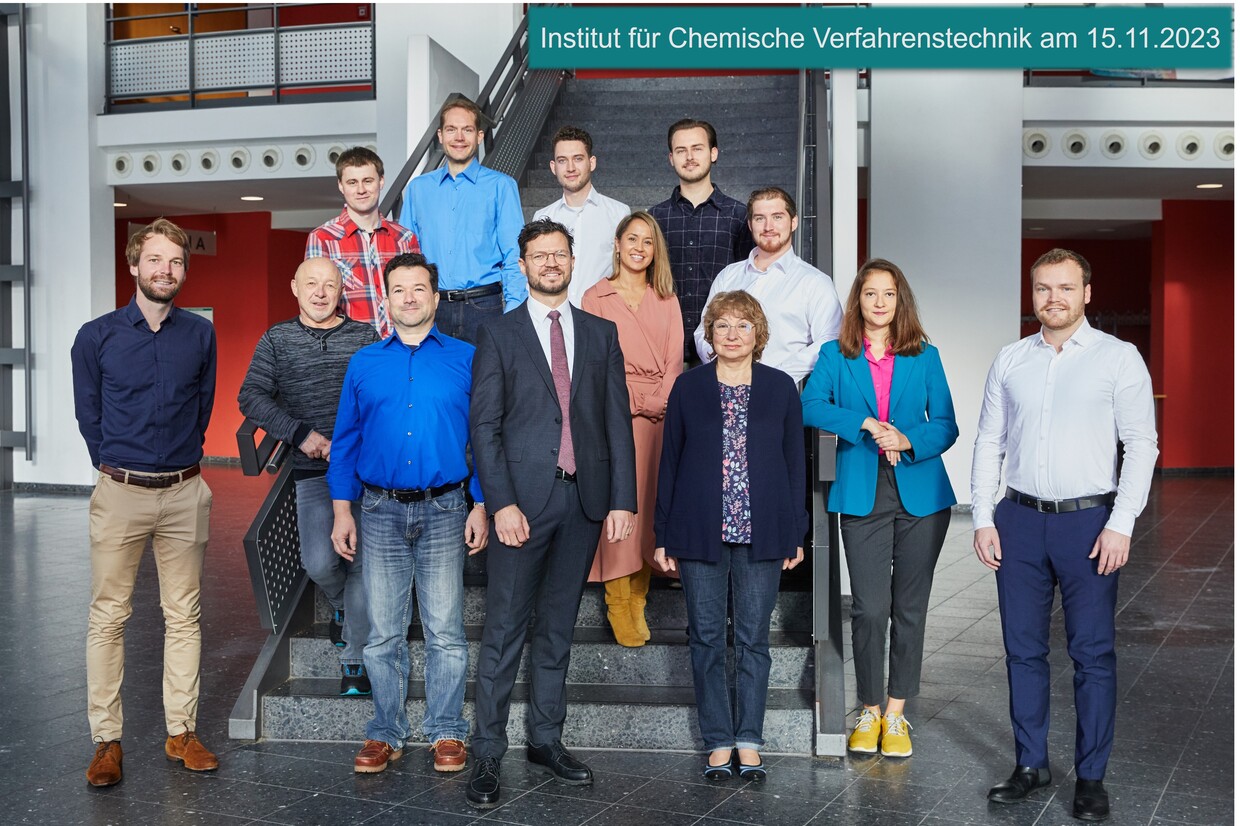Profile

The Institute of Chemical Process Engineering is located at KIT South Campus, Fritz-Haber-Weg 2, building 30.44. In research, teaching, and innovation, it is dedicated to chemical material conversion using experimental and theoretical methods. The current world situation requires a flexibilization of material conversion processes also and especially with regard to the provision of the necessary energy from regenerative sources, the efficient coupling of energy and material cycles, the minimization of resource consumption, and the use of renewable raw materials or waste materials. Current research fields of chemical engineering are closely linked to the core topics of energy, mobility, and information at KIT. In KIT Area I, the professorship forms an important link between chemical-physical fundamentals and engineering applications with a high innovation potential. It is one of the flagships for the bachelor and master programs in chemical engineering and process engineering and therefore fundamentally important for teaching at KIT. Using modern teaching-learning methods, the professorship imparts research-related knowledge and competences to the new generation of engineers in order to actively shape a sustainable society.
Research at CVT focuses on modeling, digitization and tailored design of chemical reactors, including catalyst fabrication and characterization. Catalyst systems are manufactured and characterized at the institute in order to use them to develop novel reactors and reactor concepts. The energy turnaround and the hydrogen economy, but also the sustainable conversion of today's linear chemical industry with the aim of closed carbon cycles (circular economy), play a special role in the fields of application. For the systematic development of new reactor concepts, experimental investigations are combined with theoretical models (especially CFD models) at the institute. Overarching scientific issues arise from the need for compact, decentralized chemical reactors, dynamic operating conditions, especially due to fluctuating and changing feedstocks, new evaluation criteria for (co-)products and new findings from chemistry, physics and materials science.
Current and completed research projects can be found here.
Our teaching program includes basic courses for the bachelor's degree programs in chemical engineering and process engineering as well as bioengineering. In the Master's program, we offer the specialization subject Chemical Engineering, in which special modeling courses can also be selected. You can find more information here.
